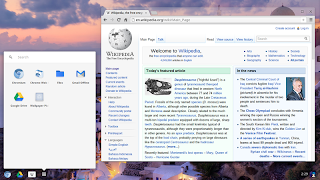Hacking is defined as:

- Use a computer to gain unauthorized access to data in a system.
- Gain unauthorized access to (data in a computer).
We have all seen Social Media posts where someone leaves their computer on and their friend makes a status for them, usually a joke, then claiming they "hacked" their friend. That is not hacking, that is simply your friend leaving their computer on, and you using it.
The news is also starting to use this term when it is not necessary as well. On October 15th Yahoo News released an article titled "'Place Hacking': New global movement to find adventure in forbidden places".
The article explains how these "hackers" are sneaking onto old military bases, hospitals, and other locations and calling it "place hacking".
10 years ago this would simply be called Trespassing: Entering land without proper permission. Relating to my definition of hacking above, you can see there is no computer use here, and no gain of data from a computer by an individual simply walking on a piece of land. So yet again this is not hacking.
In conclusion, as technology becomes more prevalent in everyone's daily lives, people should understand terms related with different technologies before using them. This same method of understanding something before saying it holds true to almost everything. For example: Being a passenger on a plane does not mean I know anything about flying it, or being a Pilot.
-Alex

